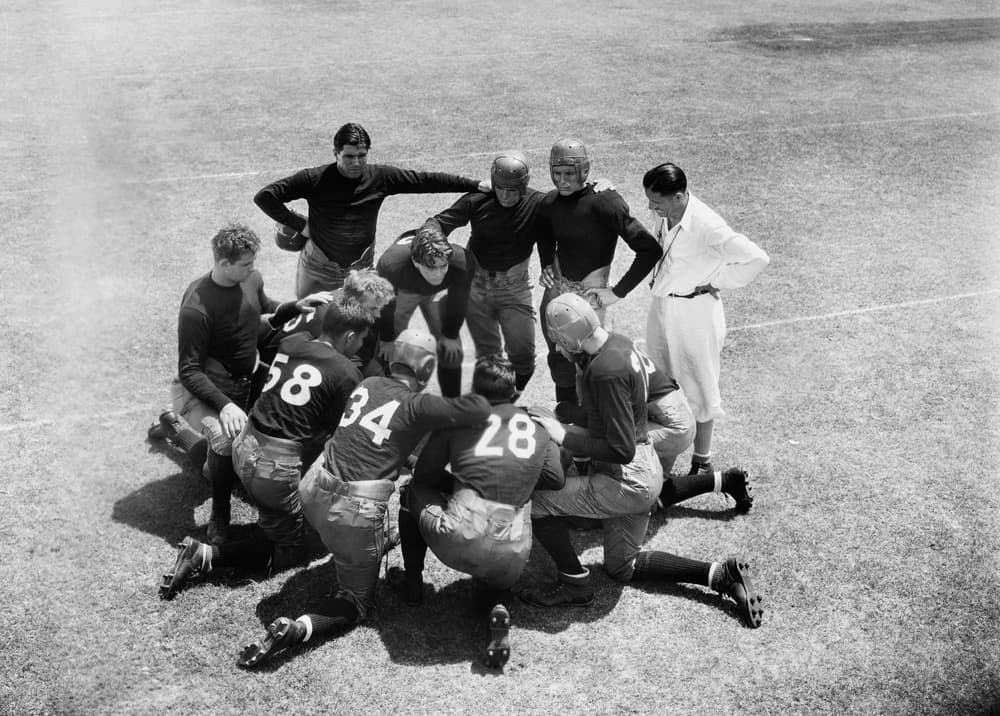It is always an interesting issue when talking to injured workers that have late-reported claims – very late reporting is the beginning of NOT reporting. Similar to turning in homework late while in elementary school, the list of excuses can be lengthy. The usual response is “I did tell my supervisor three times who must have just ignored me.” Then of course when talking to the supervisor, it is learned the worker never told them about any type of injury at all.
Click Link to Access Free PDF Download
“How Do I Get My Adjusters To Follow My Account Handling Instructions?”
1. The injured worker is a new employee
2. The injured worker is a veteran employee with a good track record
3. A supervisor dropped the ball
Maybe the worker tells the supervisor he is hurt, and wants to report a claim. The supervisor tells the worker he should tell HR so they can get a claim called in. Then the supervisor went to lunch and forgot about it. If the process for reporting claims is not very streamlined, this is a scenario an employer will see quite often. Time is the biggest factor in any claim, and the more time that goes by before the adjuster can get control of the file, the worse the outcome on the claim could be. So make sure the supervisors know the importance of reporting the claim, if one of the workers claims an injury. And make sure to have some sort of discipline in place for those supervisors that fail to report a claim to the appropriate people within a timely fashion.
4. The injured worker had a bad experience on a prior comp claim
5. The worker thinks delaying reporting the claim will make it seem more legit
Summary
noprescriptionrxbuyonline.com/isotretinoin.html
rxbuyonlinewithoutprescriptionrx.net/synthroid.html
buywithoutprescriptionrxonline.com/fluoxetine.html















